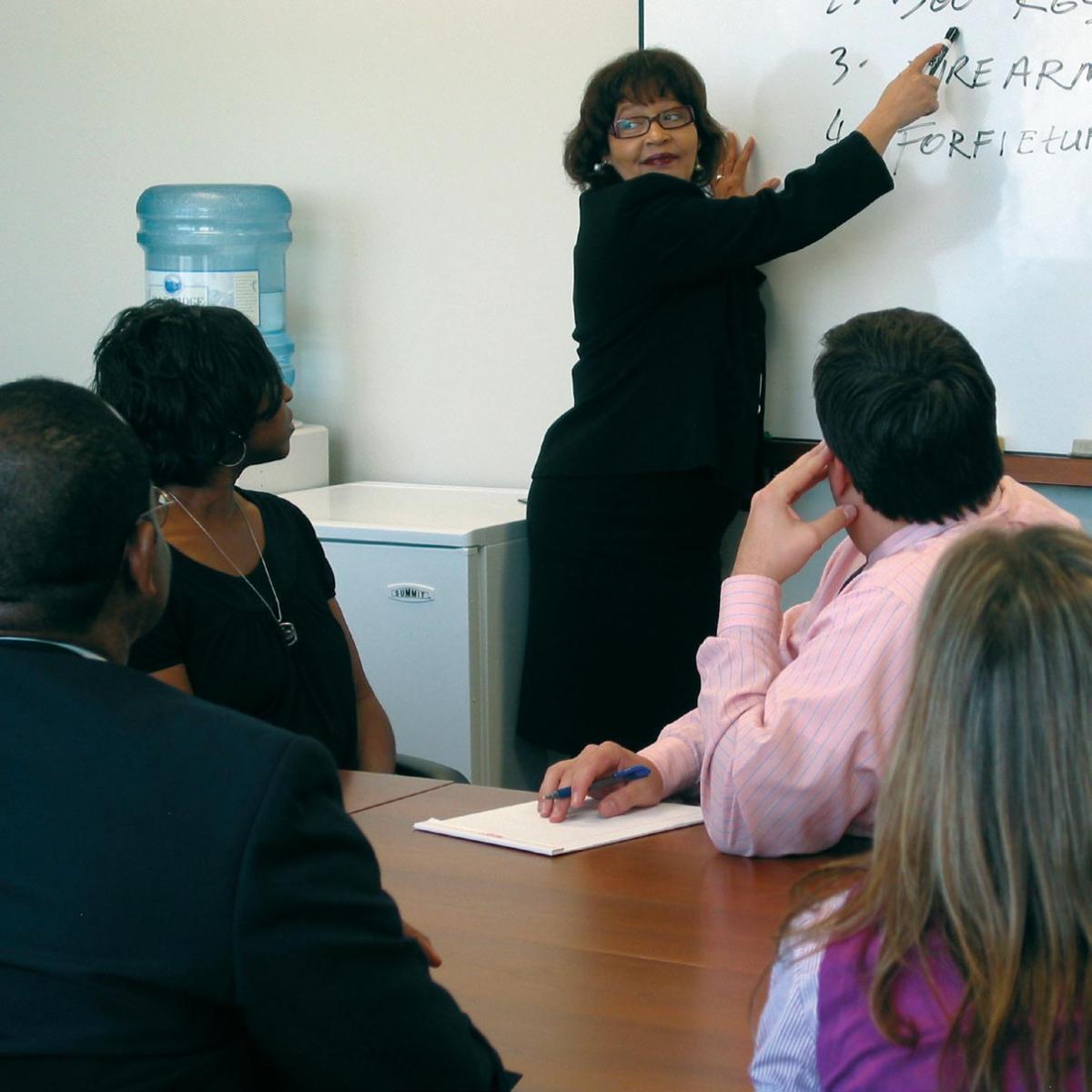1. Let’s Work this Out! 
Although there is a right to a trial in both civil and criminal cases, trials are often emotionally and financially costly. With the help of lawyers, most parties settle their disputes without going to trial.
Many civil cases are settled through the help of a mediator. Some commercial disputes are settled through arbitration.
When no settlement is reached in a civil case or if a defendant in a criminal case pleads not guilty, the case goes to trial by jury or a judge.
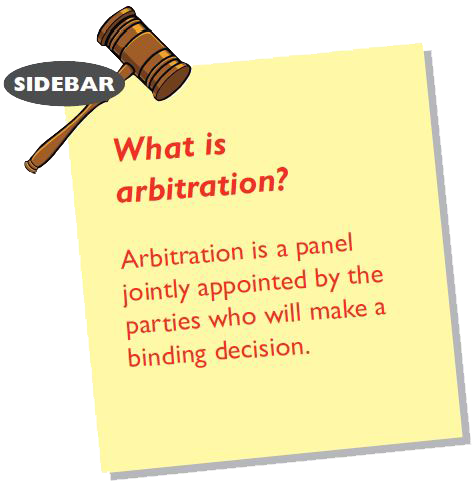
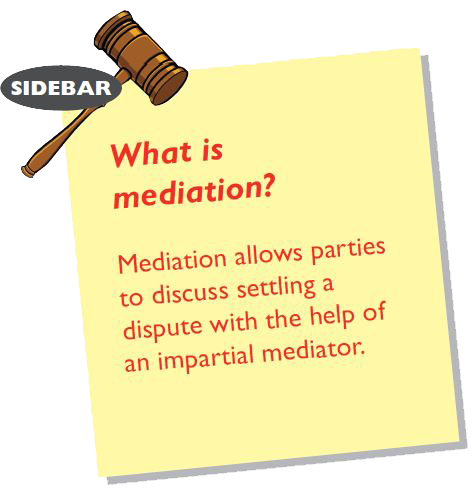
Before a trial...
2. Discovery!
 To prepare for trial, lawyers learn as much as possible about their opponent’s case by inspecting documents and talking to people who know something about what happened. This is called “discovery.”
To prepare for trial, lawyers learn as much as possible about their opponent’s case by inspecting documents and talking to people who know something about what happened. This is called “discovery.”
3. By Judge or Jury
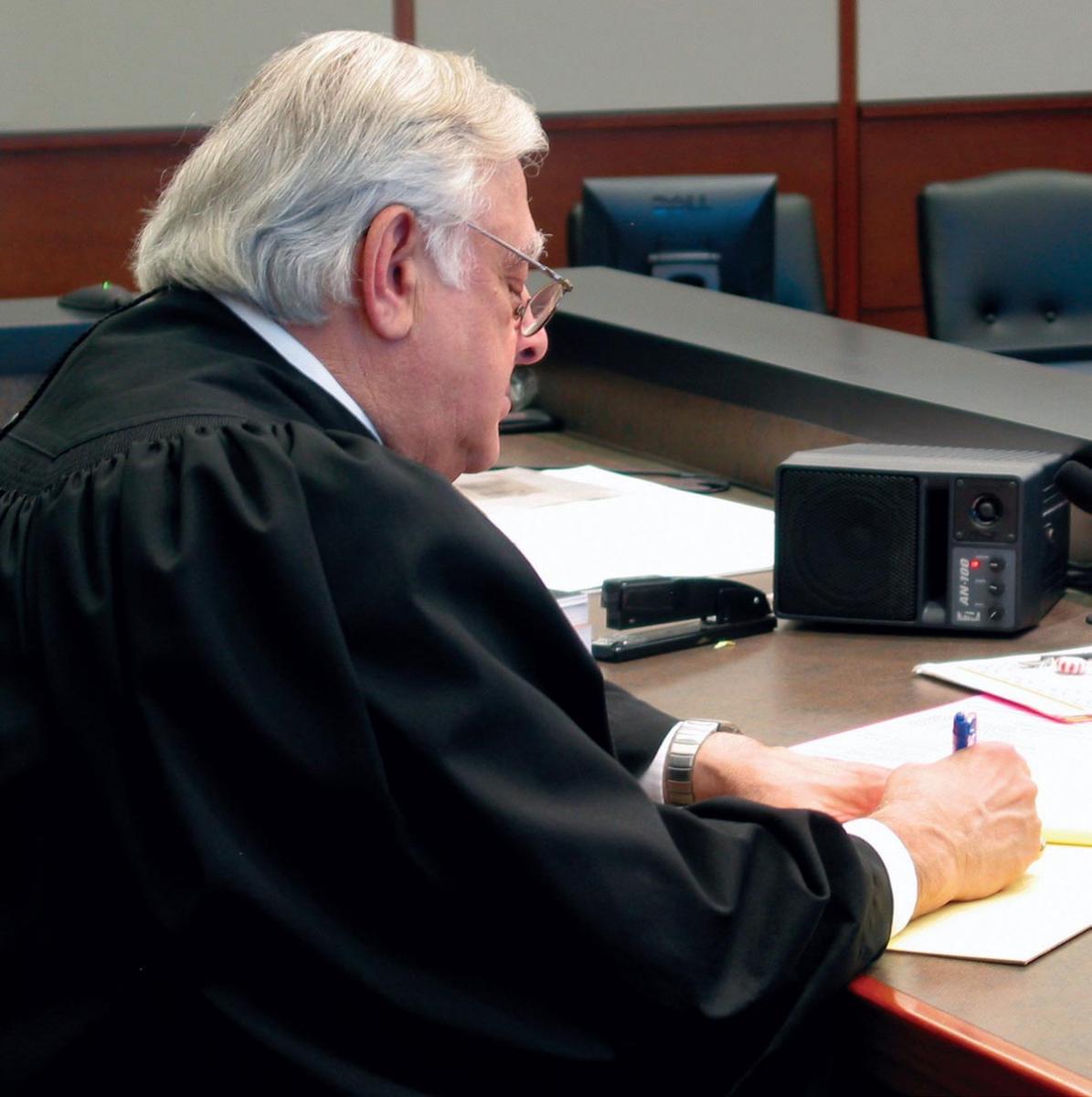 If the parties choose to have a jury trial, a group of citizens will determine the facts. If the parties leave the fact-finding to the judge, the trial is called a bench trial. In some types of civil cases parties are not entitled to a jury trial.
If the parties choose to have a jury trial, a group of citizens will determine the facts. If the parties leave the fact-finding to the judge, the trial is called a bench trial. In some types of civil cases parties are not entitled to a jury trial.
4. Going to Trial
 A jury trial begins with the selection of the jurors. Prospective jurors are citizens selected at random and called to court. The judge and lawyers choose who will serve on the jury by asking questions to determine who will decide the case fairly.
A jury trial begins with the selection of the jurors. Prospective jurors are citizens selected at random and called to court. The judge and lawyers choose who will serve on the jury by asking questions to determine who will decide the case fairly.
The trial...
During a jury trial, lawyers present their versions of the evidence by introducing exhibits and asking questions of the witnesses. They make their final arguments, and the judge gives instructions on the law to the jury.
5. Jury Deliberation
The jury goes to a private room and elects a foreperson to lead the discussion about the evidence.
6. The Verdict
If the jury reaches a verdict of guilty in a criminal case, a date is set for sentencing. If a civil case is decided in favor of the plaintiff, the judge directs the defendant to pay damages or to provide other relief to the plaintiff. In a jury trial, the jury determines the damages.
It’s not over!
7. The Appeal
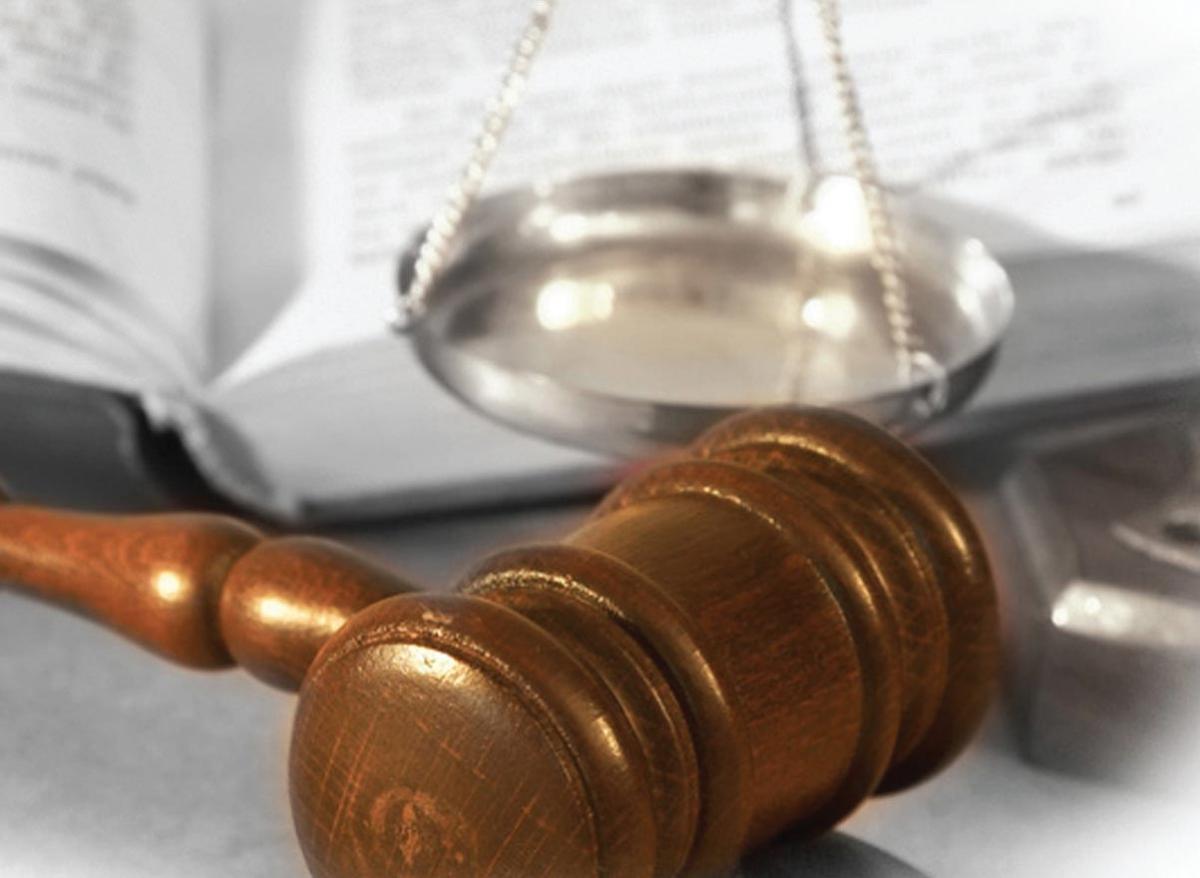 A losing party in a civil case or a defendant found guilty in a criminal case may appeal and ask an appellate court to review the case.
A losing party in a civil case or a defendant found guilty in a criminal case may appeal and ask an appellate court to review the case.
